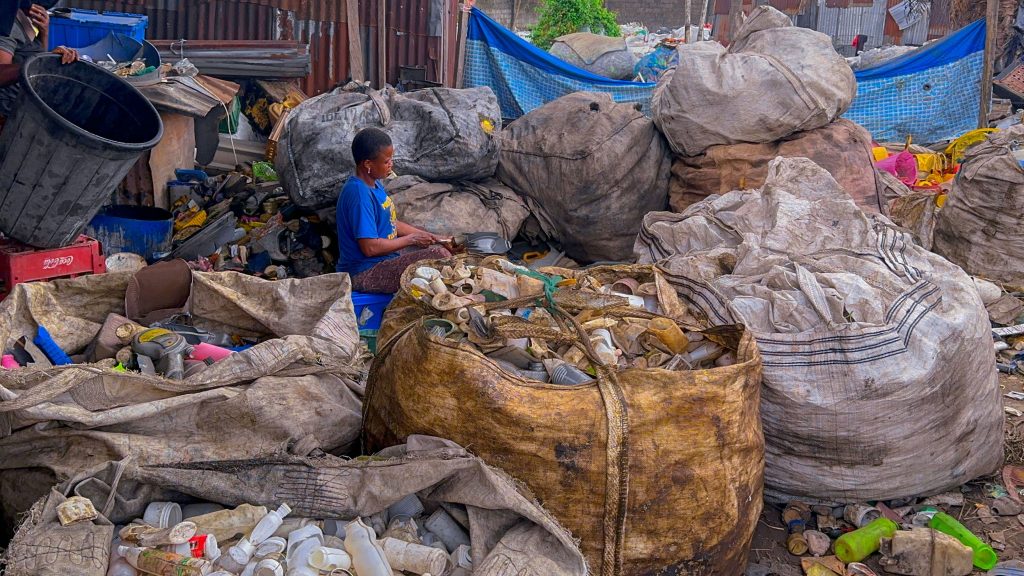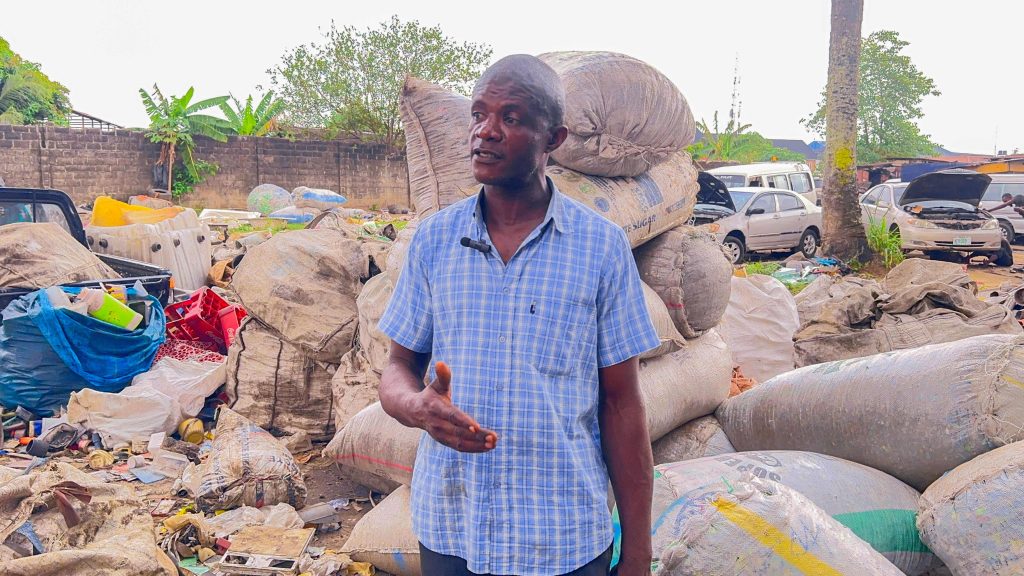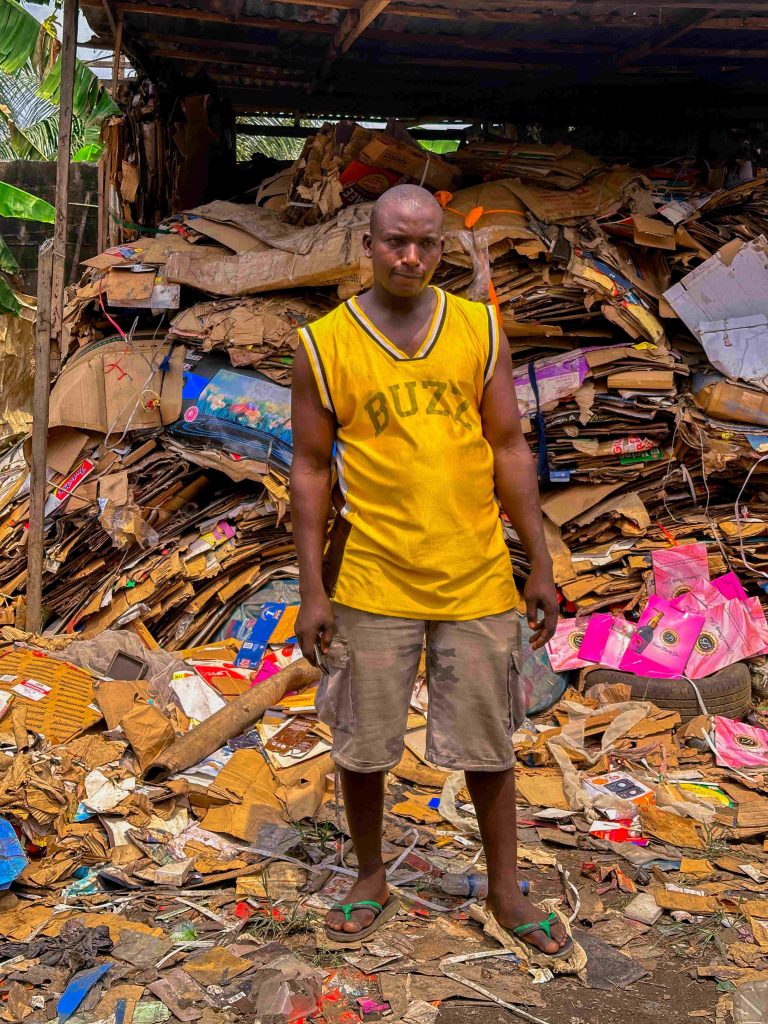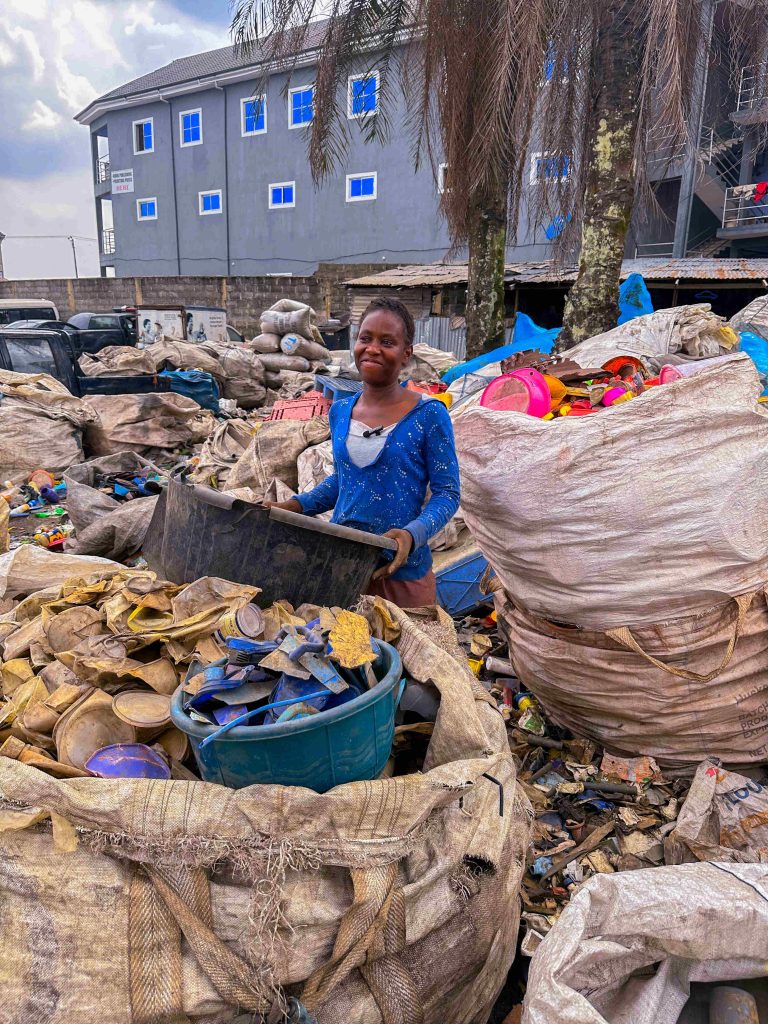
The circular economy is an economic model of resource production and consumption that involves recycling, reusing, repairing, refurbishing and optimally utilizing existing materials and products for as long as possible. In the pursuit of a healthier world, the practice of taking, making and disposing resources can no more be sustainable . The circular economy is an economic model that has emerged as an innovative approach to efficiently keep resources in use for extended periods of time and recycle natural ecosystems, ensuring a sustainable future for generations. By giving priority to the reuse and recycling of resources, this economic model directly addresses critical environmental challenges like climate change, electronic waste, plastic pollution and biodiversity loss. Also, to further extend their utility, this model advocates for more products to be designed with durability in view.

Minimization of Waste and Pollution: This principle advocates for minimizing waste generation at its source. This encompasses a shift in consumer behaviour, prioritizing the purchase of used goods over new ones whenever possible. Central to the circular economy is the concept of extending the useful life of products and materials. This is achieved through active strategies like reuse, repair, and recycling.
The regeneration of natural ecosystems is one notable impact of the circular economy. By prioritizing practices that enhance natural capital, we create the conditions necessary for the restoration of the environment, ensuring its continued ability to support life.
This year, Prime Initiative For Green Development held a crucial meeting with some waste management stakeholders in Rivers State on developing sustainable solutions for plastic waste management in Rivers State. This special engagement meeting held with certain waste segregation managers at a waste segregation site along the East West Road, Rivers State, Nigeria. This consultative forum brought to light the critical role that waste management and the circular economy can play in sustainable
development in Nigeria’s future. As a means to combat the indiscriminate dumping of waste in the
country, we discovered that sites like these have been on the increase across several cities in the country, with different waste materials being assembled and segregated. Sections in the site had been set up for rubber, plastic, and paper waste. Workers were seen carefully sorting through the
waste materials while these sorted materials are paid for and transported to various recycling facilities within and outside the state.

Beyond environmental benefits. the workers admitted that their jobs were a major source of their fulfilment and contribution to society. Some of these workers further explained that this job of waste management wasn’t just a source of income; it was responsible for their sustenance and the
sustenance of many waste management workers. A definitive shift towards a circular economy is goes beyond managing waste, but about creating new opportunities and empowering communities.
The circular economy presents a necessary paradigm shift and as a sustainable economic model. By embracing, expanding and investing in waste management as an economic driver in Nigeria, it will pave the way for a future where economic prosperity and environmental well-being thrive in harmony, benefiting generations to come.


